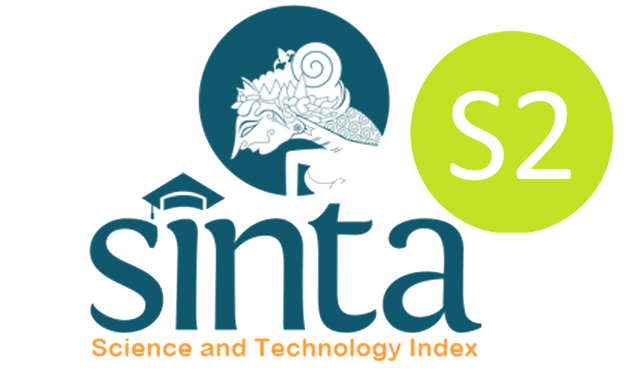governing-body
| CONTACTS |
| Editorial Board |
| Peer Reviewers |
| Contact |
editorial-policy
submission
additional-info
| ADDITIONAL INFORMATION |
| Journal History |
| Indexing & Abstracting |
| Old MILLATI Journal Archive |
The editorial board of the MILLATI Journal of Islamic Studies and Humanities is aware that plagiarism is unacceptable and has therefore established a policy outlining the consequences of plagiarism or similar instances of academic misconduct in articles submitted for publication in the MILLATI JOURNAL. The MILLATI JOURNAL will utilise the originality checking software developed by Turnitin as a means of detecting similarities between the texts in article manuscripts and the final versions of articles that are ready for publication. A maximum of 20% of similarity is permitted for submitted papers. In the event that the similarity index exceeds 20%, the article will be returned to the author for correction and for submission in a revised form.
The term is defined as follows:
Plagiarism can be defined as the use or close imitation of the language and ideas of another author, presented as the author's original work.
The following policy has been established:
Papers must be original, unpublished, and not currently under consideration for publication elsewhere. Any material taken verbatim from another source must be clearly identified as different from the present original text by means of the following three methods: (1) indentation, (2) use of quotation marks, and (3) identification of the source.
Any text exceeding the limits of fair use (defined here as more than two or three sentences or their equivalent) or any graphic material reproduced from another source requires the permission of the copyright holder and, if feasible, the original author(s). It must also be properly identified as to its source, for example, by indicating previous publication.
In the event of plagiarism being identified, the Editor-in-Chief responsible for the review of the paper will agree on the necessary measures, in accordance with the extent of plagiarism detected, in line with the following guidelines:
Level of Plagiarism
Minor Plagiarism
The appropriation of a small sentence or short paragraph from another manuscript without any significant data or ideas taken from the other papers or publications.
The penalty for this infraction is: The authors are informed of the infringement and asked to amend the manuscript and provide appropriate citations to the original sources.
Intermediate Plagiarism
This form of plagiarism involves the appropriation of a significant portion of another author's work, whether a data set, paragraph, or sentence, without adequately citing the original source.
In the event of severe plagiarism, the submitted article is automatically rejected.
Severe plagiarism is defined as the reproduction of a significant portion of an article, comprising original results, ideas, and methods presented in other publications.
| CONTACTS |
| Editorial Board |
| Peer Reviewers |
| Contact |
| ADDITIONAL INFORMATION |
| Journal History |
| Indexing & Abstracting |
| Old MILLATI Journal Archive |

 |
Published by: Fakultas Ushuluddin Adab dan Humaniora UIN Salatiga
Contact Us: Jl. Nakula Sadewa Va No. 9 Dukuh, Sidomukti, Salatiga, Central Java, Indonesia Email: millati.fuadah@gmail.com
This work is licensed under Attribution-ShareAlike 4.0 International
|
